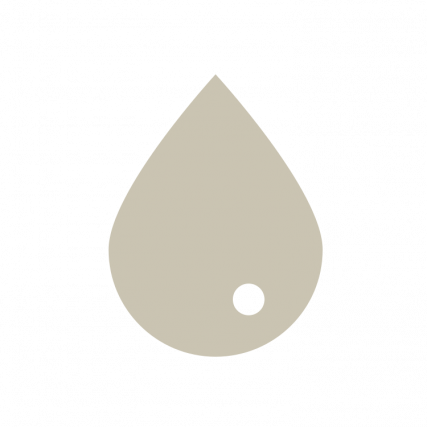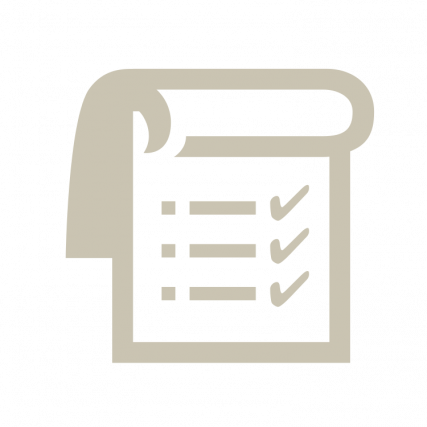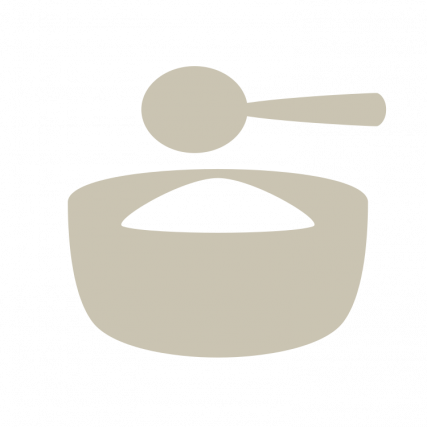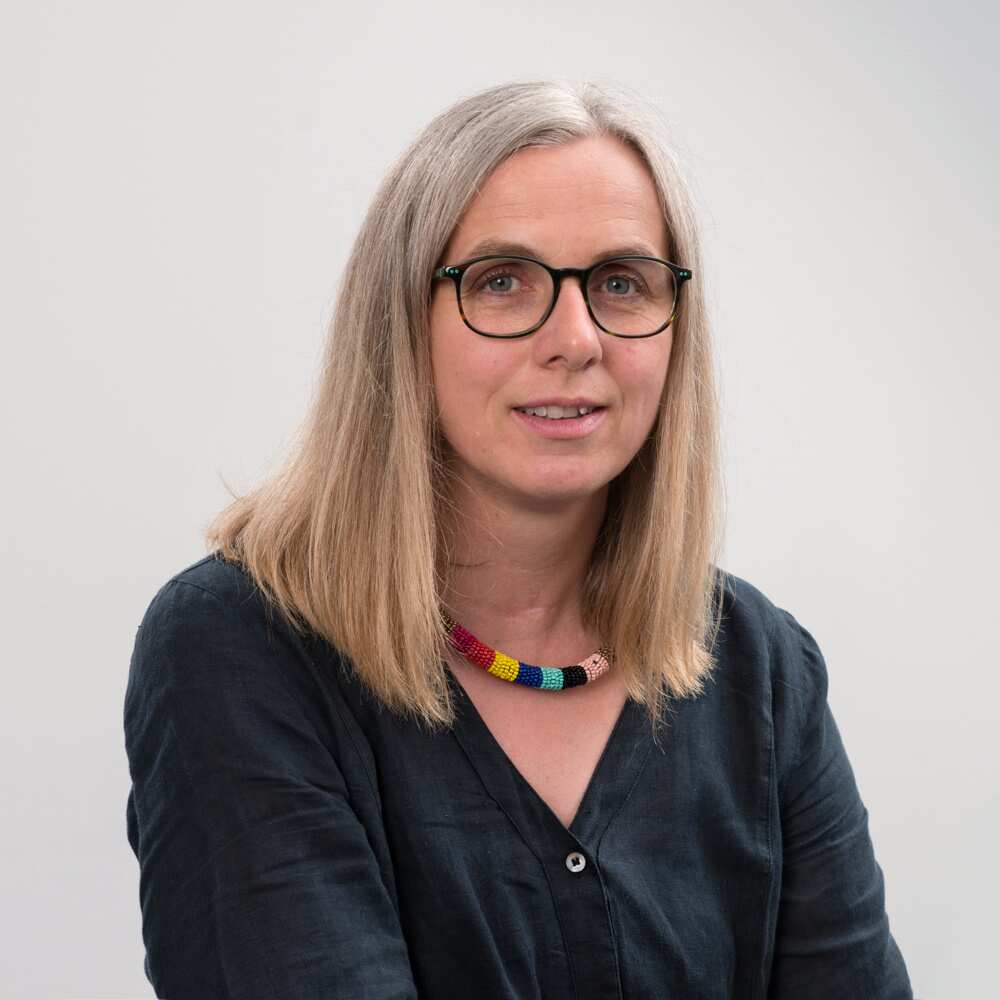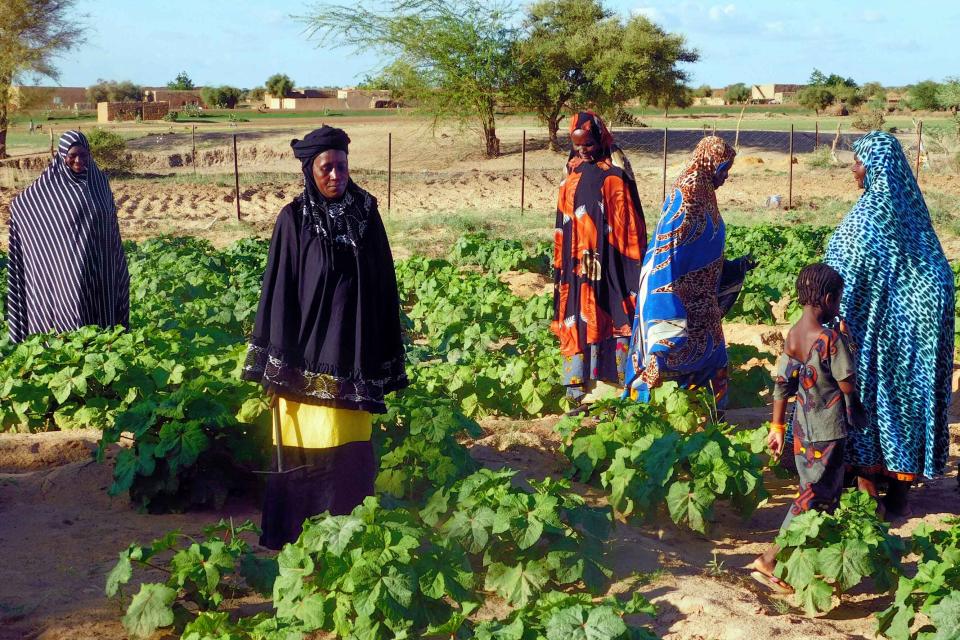
Globales Programm in 14 Ländern
Um das Ökosystem in unseren Projektregionen zu schützen, verfolgt arche noVa in Mali den Ansatz grüner humanitärer Hilfe. Bei der Planung, Umsetzung und dem Monitoring von Hilfsmaßnahmen achten wir auf eine weitsichtige, umweltfreundliche und an den lokalen Lebensraum angepasste Vorgehensweise. Diese Aktivitäten sind Teil eines globalen Programms, das wir in Zusammenarbeit mit dem ASB, der German Toilet Organization und zahlreichen lokalen Partnern realisieren. Gemeinsam bringen wir Themen wie Inklusion, ökologische Nachhaltigkeit, Katastrophenvorsorge und internationalen Wissenstransfer in insgesamt 14 Ländern weiter voran.
The population of the Sahel state of Mali is confronted with multi-layered problems and challenges. These include an extremely unstable security situation and insufficient state capacity. Particularly affected are the rural areas in the north of the country, where life revolves around the two central resources of water and pastureland. However, these are becoming increasingly scarce as a result of climate change. Extreme weather events such as droughts and heavy rains are destroying harvests and damaging livestock farming, which is already very vulnerable due to the difficult climatic conditions.
Violent clashes between Islamist groups, other criminal groups, the military and parts of the population further worsen the situation for the people: Theft of animals, destruction of infrastructure, criminal attacks and kidnappings threaten everyday life. Searching for safety, people flee across national borders as well as within them, making them even more vulnerable and potentially leading to resource conflicts with host communities. The number of internally displaced people in Mali reached a record high of 422,620 in September 2022
The complex situation in Mali is one of the world's forgotten humanitarian crises. Violent conflicts and a lack of state infrastructure make life difficult for the people. Added to this are the effects of climate change. Around one third of the people are dependent on humanitarian aid. A long-term and sustainable improvement of about the people is the goal of arche noVa and our partner organization on site.
Development of water infrastructure
Water has always been a scarce resource in the Sahel. At the same time, the livestock and agricultural industries, the most important sources of income, are dependent on sufficient water. In some cases, wells have to be drilled down to a depth of 700 meters to find any water at all, and wells that have been constructed cannot be repaired due to a lack of capacity for those responsible or a lack of equipment. At the same time, existing water points are often shared by people and animals, which poses a considerable health risk. Gao is one of the Malian regions with the lowest access rate to clean drinking water. It is only 64.3 percent.
Our activities include the construction and rehabilitation of water infrastructure (wells, water points and livestock watering points), using solar panels as an energy source for pumps at as many locations as possible. In this way, we are sustainably improving the basic supply of drinking water to the population and watering animals in rural communities in the Gao region. To ensure the sustainability of the investments, structures and capacities are built up in the participating communities to ensure the operation, maintenance and expansion of the water supply even after the end of the project.
Improving food and income security
Livestock, agriculture and fishing are the main sources of income in the project communities. However, people are increasingly under pressure. Deteriorating climatic conditions are leading to soil erosion and desertification, and less and less land is available for growing and grazing animals. In addition, the price of animal feed has risen dramatically. Concerns about family income and the associated need for a daily meal have become a constant companion for people in this particularly poor region of Mali. Women and young people are particularly affected by the precarious living situations.
Our project includes various activities to improve the nutritional situation and income opportunities of the people affected. These include the establishment of community vegetable gardens, the distribution of seeds, animal feed, livestock and inputs. Our local partner organization also focuses on education and training. This includes veterinary knowledge and know-how for the further processing of animal products. Other income-generating measures are aimed at preventing climate-related crises. Protective dikes are being built along the Niger River as part of Cash-for-Work. In addition, early warning systems are being expanded and training courses on preventive measures to protect against climate damage are being held.
Strengthening social cohesion
Interethnic conflicts and conflicts between communities, pastoralists and farmers, host communities and people on the move characterize the region. They are exacerbated by the effects of climate change and the resulting scarcity of resources. The population finds itself defenseless between the fronts, with the military, Islamist groups and other armed groups each accusing them of cooperating with the other.
Our project aims to strengthen social cohesion through various activities. The aim is to break down prejudices and create spaces for conflict resolution. Exchanges between people from Mali and neighboring Niger are also planned, as the conflict situations and challenges are similar.




Thinking and acting across borders
Our project activities are part of a consortium project in Mali and Niger, which takes place under the leadership of arche noVa. We implement our activities with our long-term local partner organization NOUVEAUX HORIZONS in Mali. In Niger, the Arbeiter-Samariter-Bund is responsible, working together with the long-standing partner organization ADKOUL.
The project is thus based on good cooperation on both sides of the border between Mali and Niger and reaches target groups that have a lot in common. Conflict-displaced people return from one country to the other, while others settle in their places of refuge, regardless of which country they moved to. The waters of the Niger and climate change know no political borders anyway, and family networks often cross borders as well. Finally, many people in the Sahel have always been nomadic, often crossing the border. All project activities in the consortium are therefore interlinked, and all project participants share the same goal: to put the population's nutrition on a more stable footing and to strengthen the people's resistance to the consequences of climate change.
Great achievements in predecessor projects
We launched our first project in Mali in 2013. Since then, we have implemented several projects in the Timbuktu and Gao regions, focusing on water, sanitation and hygiene (WASH), income security and rural development. The main focus was on the construction and expansion of water supply systems and toilets at schools. Activities in animal husbandry and the promotion of women's cooperatives were also successful, and we are implementing them again in a similar form in the current project.
Donate for this project
Project Overview
21,000 direct beneficiaries, including pastoral and agropastoral households, rural community populations, refugees, internally displaced persons.
- Rehabilitation and construction of water points and livestock watering points.
- Establishment/revitalization and training of water committees
- Training of young people as mechanics for maintenance/repair of water systems
- Promotion of women's cooperatives in growing vegetables in community gardens and in fisheries and agribusiness, including training and equipment
- Training in improved animal husbandry, training of ten livestock assistants Construction of vaccination parks for livestock
- Construction and equipping of four veterinary dispensaries and training of personnel
- Distribution of goats and seeds to particularly needy households
- Cash for Work: Income generation for 450 people in the construction of protective dams
- Restoration of infrastructure systems against climatic and hydrological risks
- Reactivation of early warning systems, training of radio stations in disaster preparedness
- Training of young people in prevention of climate damages, including training of individuals in data collection for disaster risk reduction
- Organization of cross-community forums focusing on peace culture and non-violent conflict transformation
-
Organization of peace events with young people on conflict prevention and management
Nouveaux Horizons
- Private donors
- Federal Ministry for Economic Cooperation and Development

